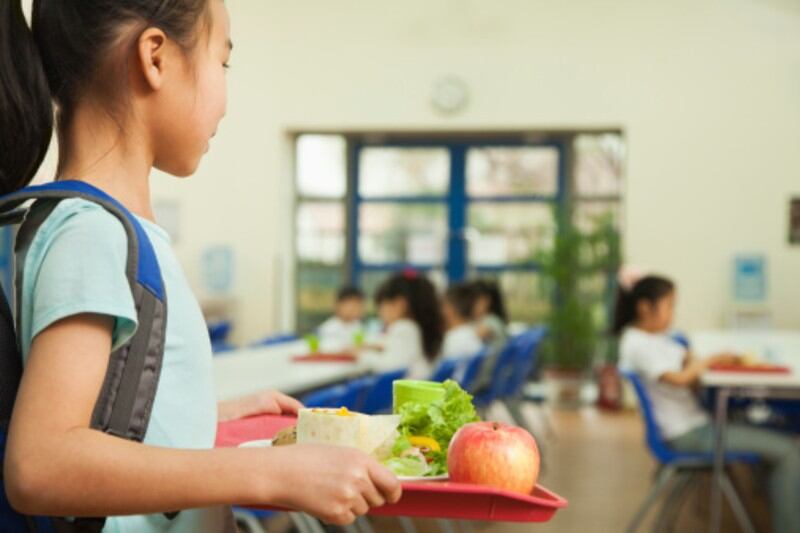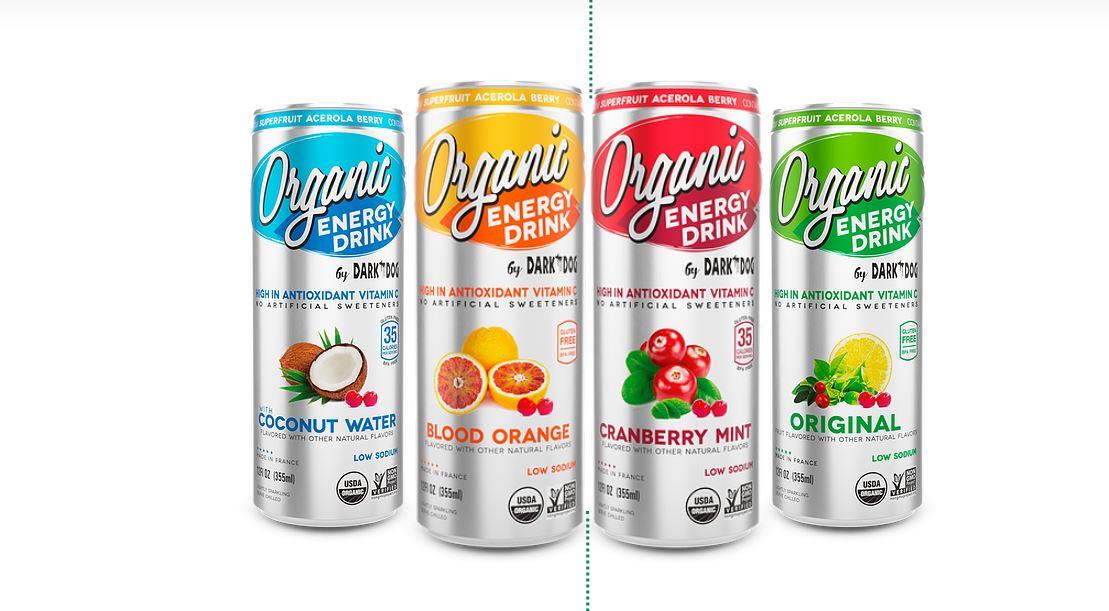The East Asian nation has long been known to have some of the strictest regulations in place in the APAC region when it comes to controlling the sales of unhealthy foods high in salt, sugar, fats or caffeine to children, such as a mandatory restriction on the marketing of such foods to children.
South Korea’s Ministry of Food and Drug Safety (MFDS) previously already implemented various measures to prevent the sales of such foods in schools such as designating ‘Children’s Food Safety and Protection Zones’ or Green Food Zones within 200m around a school where such foods were banned, but this new list of almost 3,000 prohibited foods now includes specific products, manufacturer names and nutritional information.
“All schools and retailers in the Children’s Food Safety and Protection Zones are prohibited from selling these high-calorie, low-nutrient, or high-caffeine food and beverage products,” said MFDS via official documentation on the ban.
“This list contains a total of 2,916 high-calorie and low-nutrition products which are banned, with the largest categories of affected processed food products being candy (1,101 products) followed by chocolate (234), carbonated drinks (198), instant noodles (193) and snacks (184) – but the ban also includes items such as bread, ice cream, juices as well as cooked foods such as pizza and burgers.”
MFDS’ definition of high-calorie and low-nutrition varies depending on the food category – for instance, snacks with more than 250kcal calories , 4g saturated fat or 17g sugars which have less than 2g protein are banned, whereas hamburgers with over 500kcal and less than 9g protein are banned, but if it has over 00mg sodium then it is banned regardless of protein content.
Under these definitions, various local big F&B firms such as Lotte and Orion took a heavy hit, especially within the snacks, confectionery and beverage categories. Examples of banned products under these brands include Lotte’s Waffle Mate biscuits and various soft drinks from Miranda to Mountain Dew, as well as Orion’s Wehas wafers. Instant noodle heavyweights Samyang and Nongshim also saw about 40 cup noodle products each being banned.
High caffeine ban
In addition to high-calorie, low-nutrition products, MFDS also banned a total of 38 high-caffeine products, mostly beverages. This went beyond regular coffee and tea, which has been banned in schools for years, but focused mostly on packaged RTD drinks such as energy drinks.
Lotte’s Hot 6ix energy drink was the most severely hit here with seven products banned, followed by Coca-Cola’s energy drink brand Monster with a total of five products highlighted in the list
“Liquid foods with high caffeine content are [of more concern here] – those with caffeine content of 0.15mg per 1ml (0.0015%) or more are considered high-caffeine, and it is already mandatory to label these with cautionary labels,” said MFDS.
“All along, it has been notified that children need to be cautious of the intake of such products.”
MFDS has paid special attention to caffeine regulations for some years now after discovering that local students tend to rely heavily on caffeinated drinks without any regard for the side effects or impacts of excessive intake.
Last year, the ministry introduced mandatory warning labels and tightened regulations over all such products, including coffee and tea, with strict restrictions on any variations to the caffeine content on the labels.
In addition to bans in Green Food Zones, MFDS has also implemented mandatory restrictions on the advertising of all high-calorie, low-nutrient and high-caffeine foods – such as restricting the timing for this to outside of 5pm and 7pm daily which considered prime time for kids watching television, as well as not allowing this during the advertisement breaks of programmes directed at children.



